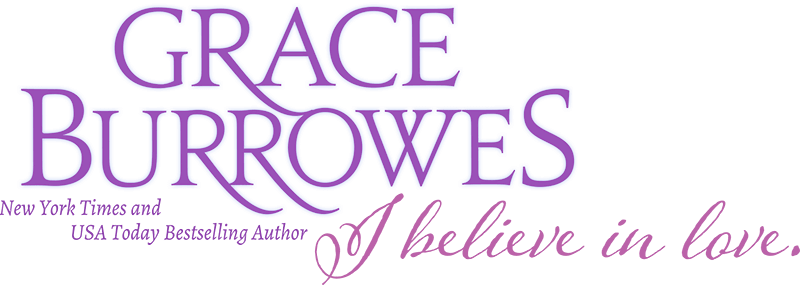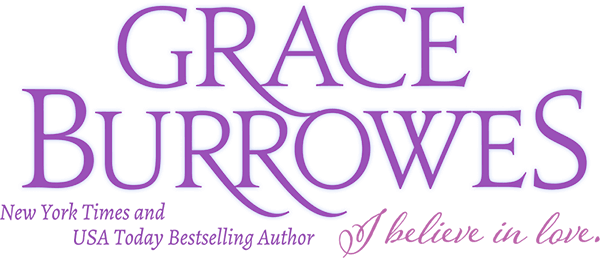I NEVER wanted to be a romance writer. Nobody is more surprised than I am to see my name on published books.
What I do know, is that I’ve always written, and always loved to write–at least I know it in hindsight. I started keeping a journal before I could write cursive. I never struggled with English classes, I enjoyed foreign languages and never found them particularly difficult. My verbal SAT was–altogether now–more than 200 points higher than my math score, and in college I delighted in working for the university newspaper.
Never once did it occur to me to be a writer.
After college I got a job in Washington, DC, as a technical editor and proposal coordinator. I’d honcho up the production of a 300 page document, with illustrations, index, table of contents and cross references in about a week flat. After a few years of that, I added night law school to my routine, and shifted into the contract administration end of the federal contracting business.
And still, I had not clue I might enjoy writing for a living. I was, however, reading like a house afire. For much of my adult life, I’ve limited myself to reading one romance novel a day. I’ve also not had a TV in my house. My daughter came along, I opened my own law practice, I pursued a master’s degree in conflict…. still no writing aspirations.
And yet, I kept a journal year in and year out. I submitted a column to Runner’s World on being a fat runner and boom–it got published. For my master’s degree, I rapped out a 400 page novel that analyzed the American legal process as a conflict management system–that was kinda fun!
But become a professional writer? Why would I do that? Meanwhile, I’m still reading, reading, reading…. and by this time, my daughter has moved out. I’m in my late forties, I never acquired the TV habit, I’m not house proud or yard proud…. When one of my keeper authors disappointed me with an “off” book, I decided to give the romance novel writing schtick a try.
I had SUCH FUN. I wrote about a million words in a year flat. Manuscripts of 200,000 words flowed like wine–Gone With the Wind is 418,000 and that seemed to work OK, right? I wrote some more and wrote some more after that, like the sorcerer’s apprentice. Finished Gareth, but that lead to Andrew, and that lead to Douglas AND David, and that lead to Thomas and that Westhaven fellow–who is he and what does he want?–but Nicholas Haddonfield had also popped up in Thomas’s story and Nick needed a story….
Still, I did not consider that I might earn a living as a writer. Friends and family nudged me one too many times, though, to “get that stuff published,” and so I signed up for a writer’s conference. The first person I pitched offered me a deal, and still…. what me, a writer?
What has convinced me that I AM a writer is how much I love doing it. Never was mortal woman happier than I am when I’m cranking on a scene. I’m blissin’, I don’t know what time it is, forget what season it is, and my heart is an incandescent center of joy. This happens about twice a year. The rest of the time, I’m still pretty happy.
A bad day writing is usually much better than an average day doing a lot of other things I’ve considered “my profession,” so here’s hoping I get many more years to write!










